By Bill Van Orman
Today, in his nineties, Paul Tibbets is still a handsome man. He has a full head of silver hair. His gaze, even with the heavied lids of age, is intense. He does look like an old man, but not a 90-year-old man. His walk has slowed, but he remains erect and dignified. Only his hearing betrays him: He is as close to stone deaf as one can get and still hear.
He has the countenance and bearing of a man who has spent time on fields of high adventure and great achievement. Perhaps even flirted with greatness.
And so he has.
Although not one American in 10,000 can place it, a good case can be made that, absent the name, Paul Warfield Tibbets, Jr. is one of the most famous men of the 20th century. He is the man who is credited with dropping the atomic bomb on Hiroshima. Technically, that is a mistake. Bomber pilots do not drop bombs, bombardiers do. Within that hairsplitting context, the late Tom Ferebee actually dropped the weapon. But it was the irascible and often abrasive General Tibbets who piloted the plane, and it is he who is credited with, or blamed for, history’s single most notable act of warfare.
A Most Remarkable Man
He is, and for all of his adult life has been, a most remarkable man. From his earliest days he exuded a self-confidence that could be, and frequently was, insufferable. He has never been able to abide adequacy, much less foolishness. Paul Tibbets is an absolutist. His is the right way and no other. Certitude with attitude can be a bit much, and Paul Tibbets, by any measure, can be a bit much by half.
From the day he graduated from Western Military Academy in North Alton, Illinois, to the present, there has never been an assignment at which he did not excel. His father wanted him to become a doctor, but he wanted to fly. During the Depression era, there was only one avenue open for people of modest means to become pilots—enlist in the Aviation Cadet program. With his mother’s blessing and his father’s condemnation, that is what Paul did. He graduated at the top of his class. Unlike all the other men who had a choice of career paths, he did not opt for fighter training. On the advice of his tactical officer, he chose observation. It would prove to be a momentous decision.
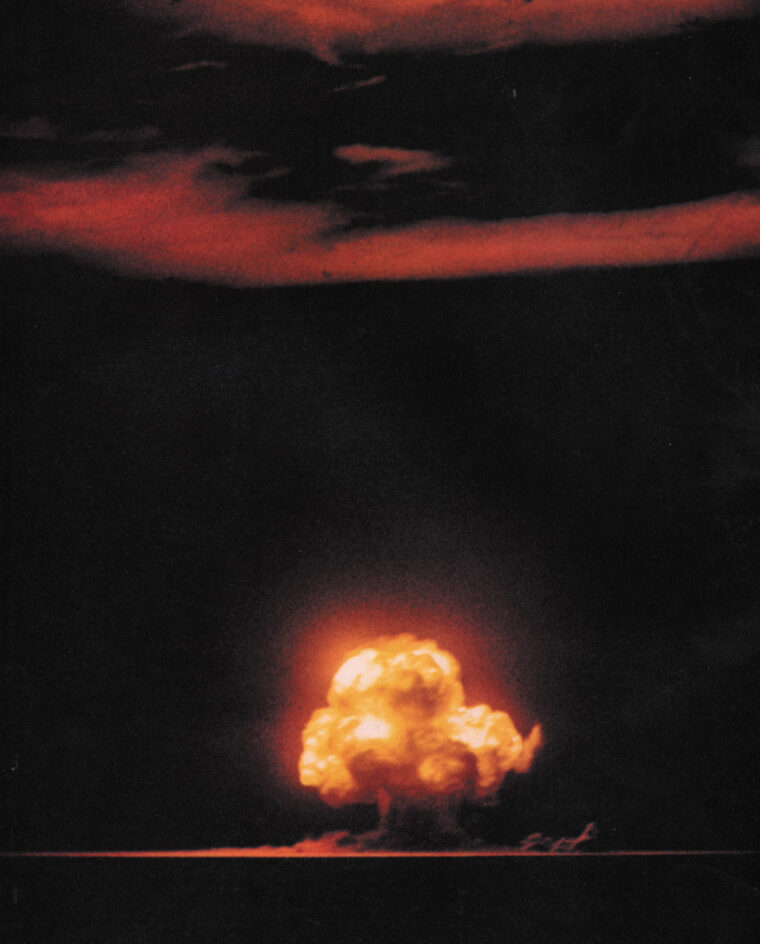
“A Real Stick and Rudder Man”
There are two kinds of pilots: those who learn to fly by dint of hard work and determination and those few for whom the sky seems to be their natural element. There are two phrases for these exceptional aviators: “He was born to fly” and “He’s a real stick and rudder man.” Both applied to Paul Tibbets. Not only was he a gifted pilot, but was one of a handful who can do things with an airplane that even its designers never envisioned.
Then there is the military aspect. For one who has never “pulled a hitch in the regulars,” it is difficult to relate to the phrase “command presence.” It refers to a man with innate qualities who, without seeming effort, compels other men to follow into harm’s way. Civilians constantly try to equate this military phrase with some sort of unique managerial skill. It is a task awanting. Managerial skill can be taught; command presence is genetic. Paul Tibbets had this unquantifiable quality in spades. It is one thing to be supremely competent, but is an entirely different order of magnitude to have it realized and accepted by others whose very lives are in your hands. General Tibbets, as fate would have it, ultimately held a changing world in his hands. He was the perfect man for the mission.
The Creation of the Air Force and the “Mighty Eighth”
In the summer of 1944, the United States was two and a half years into World War II. What had been wrought in those 30 months? In a phrase, the creation of an air force, quite literally from nothing.
On the day that Pearl Harbor was bombed, Paul Tibbets was a newly promoted captain, and although his rank may have been modest, he had an asset that was in high demand: well over 1,000 hours of multiengine flying time. In December 1941, that was rare, whatever the rank. After a few months of bouncing around due to bureaucratic indecision, Captain Tibbets landed as original cadre with the 97th Bomb Group in Tampa, Fla.
The 97th was destined to become the first heavy bomb group in what would become the “Mighty Eighth” Air Force in England. But that would be much later. In the early months of 1942, there were so few qualified pilots for the Boeing B-17 Flying Fortress bombers that Tibbets spent all of the late winter and spring just teaching newly minted multiengine pilots to fly the plane. Not how to fly it in combat, just how not to kill themselves on a daily basis. The newly created Army Air Force was that small. By the time the 97th was ordered to the United Kingdom, a newly promoted Major Tibbets was a squadron commander. Keep in mind that this is a man who just six months earlier was a first lieutenant who had never commanded anything.
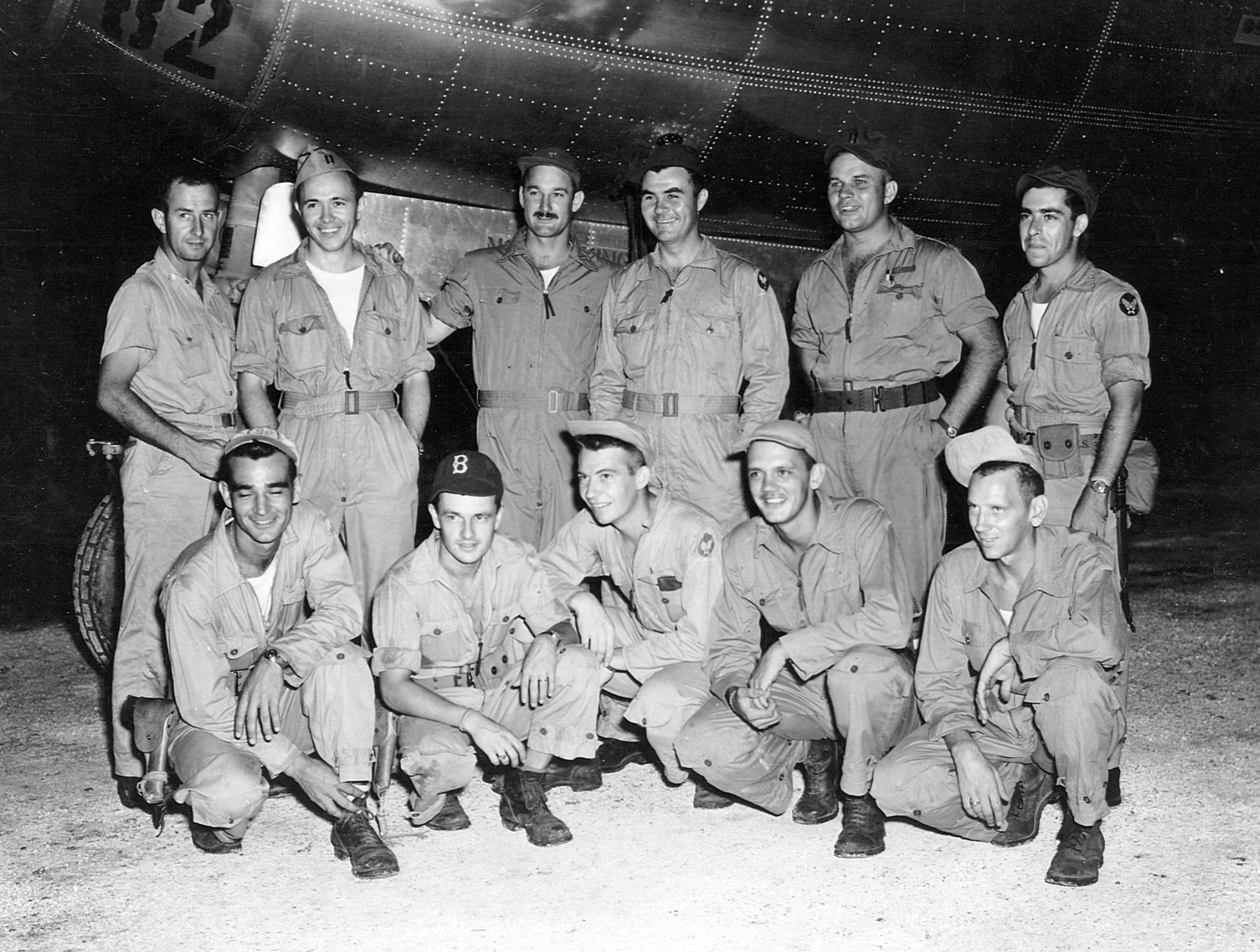
Posting at Polebrook
Upon arrival in England, the group was posted to a base named Polebrook. Almost immediately, several of the command-level officers in the group were relieved of command and the group commander was replaced by Colonel Frank Armstrong. Armstrong was a superlative leader but he had just one drawback: He had never flown a B-17.
For the sake of historical perspective, it is important to note that the Army Air Corps had become the Army Air Force only a year earlier. The name change was more than incidental; it was historic. The Army Air Force was in the throes of growing from an adjunct into a force to be reckoned with. Air power was coming of age, and it was not at all certain just how to take advantage of it. One thing, however, was becoming abundantly clear. There was an absolute dearth of command-level officers to lead this growth. In his autobiography Global Mission, General Henry “Hap” Arnold put the situation in the starkest possible terms: “When we lost one [senior or command level officer] he was almost irreplaceable.”
Tibbets Commands the France Raid
In the 1949 film Twelve O’clock High, there is a scene in which Brig. Gen. Frank Savage selects and promotes an acerbic Major Cobb to group air executive officer. The motion picture is a compilation of events from mid-1942 to February 1943, based loosely on General Frank Armstrong’s relationship with the 97th and 306th Bomb Groups. The Major Cobb incident is based on fact, and the real Major Cobb was in truth Paul Tibbets.
In July 1942, when Colonel Armstrong took over the 97th, he had to be taught how to fly the B-17. Paul Tibbets was his mentor.
When, on August 17 of that year, the 97th flew the first B-17 bombing mission over German-occupied France, it was Armstrong who was credited with leading it. In fact, Colonel Armstrong sat in the co-pilot’s seat of the lead aircraft; he was not yet left-seat qualified. The man in command of the raid was Paul Tibbets.
When the 97th Bomb Group was transferred to North Africa as part of Operation Torch, it was Tibbets who was chosen to fly General Mark Clark to Gibraltar for a secret meeting with Vichy French officials. A few weeks later, he was tasked to fly General Dwight D. Eisenhower to the Rock to command the invasion. When the group was transferred to Biskra, Tunisia, in November 1942, it again got a new commander, Colonel Hamp Atkinson. Colonel Atkinson became ill from some malady picked up in the desert, and Lt. Col. Tibbets was, for all practical purposes, the acting commander of the 97th Bomb Group. Only one year earlier, Tibbets had been a first lieutenant.
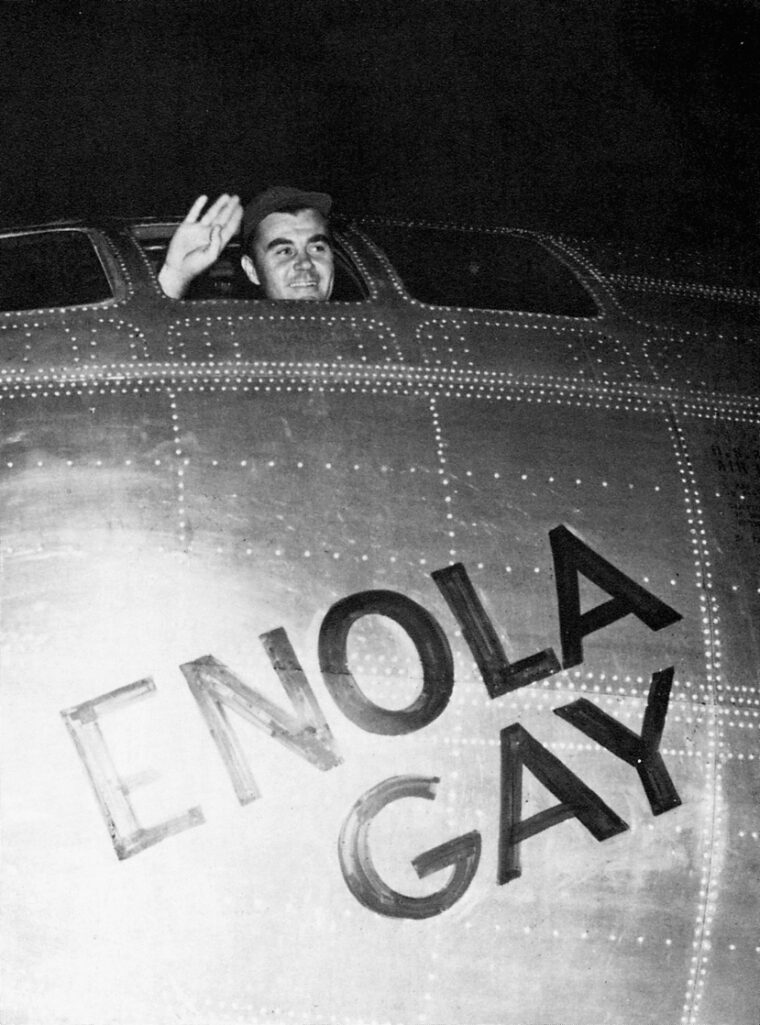
On a Mission to Create a Service That Could Stand On its Own
Both Frank Armstrong and ‘Hamp’ Atkinson were brigadier generals by early 1943. both stated publicly that they owed their stars in no small measure to Paul Tibbets.
As is usually the case, personalities impact individual careers. The career of Paul Tibbets was no different. Lauris Norstad was a man of impeccable credentials, but he had no combat or field command experience. He had a superb reputation as a staff officer and early in his career, he had hitched his wagon to the star of Hoyt Vandenberg. Both men were reflective of, and complimentary to, the highest ideals of what was at that time a still developing service. Vandenberg was the nephew of the single most powerful Republican senator on the Senate Armed Services committee. Norstad was his supremely able aide-de-camp.
During the war, the Air Corps and Air Force were commanded by General Arnold. He was a man on a mission to create a service that could and would stand on its own. In part, he did it by weeding out, often in brutal fashion, weak commanders. Sometimes it would seem this was done on a whim and that very junior men were promoted on the basis of rather insubstantial or short-term accomplishments. However, Arnold’s judgment was uncanny.
Bringing in Jimmy Doolittle: A Stroke of Genius
In January 1944, his replacing General Ira Eaker, a life-long friend, with General Jimmy Doolittle seemed at first blush to be rash. In retrospect, it was a stroke of genius. Doolittle had gotten better results with less in the Mediterranean Theater, and Eisenhower had confidence in him. Friendship be damned. This same weighting of results led to Paul Tibbets’ command of the 509. The pure and simple facts dictated that no other officer of similar rank had achieved what he had in so short a time. If Norstad did not like him—too bad. His record spoke for itself.
In early 1943, Tibbets was assigned to General Doolittle’s headquarters. While there, he ran afoul of Colonel Norstad and this confrontation would follow Tibbets to the end of his Air Force career. Tibbets was reassigned to stateside duty to remove him from harm’s way by the politically connected and vindictive Norstad.
By this time, late winter and early spring 1943, there was no other officer in the Air Force who possessed Tibbets’ experience in combat at a leadership level. In less than six months, he had flown 37 combat missions, most of them as a mission or group commander, if not in name, then in fact.
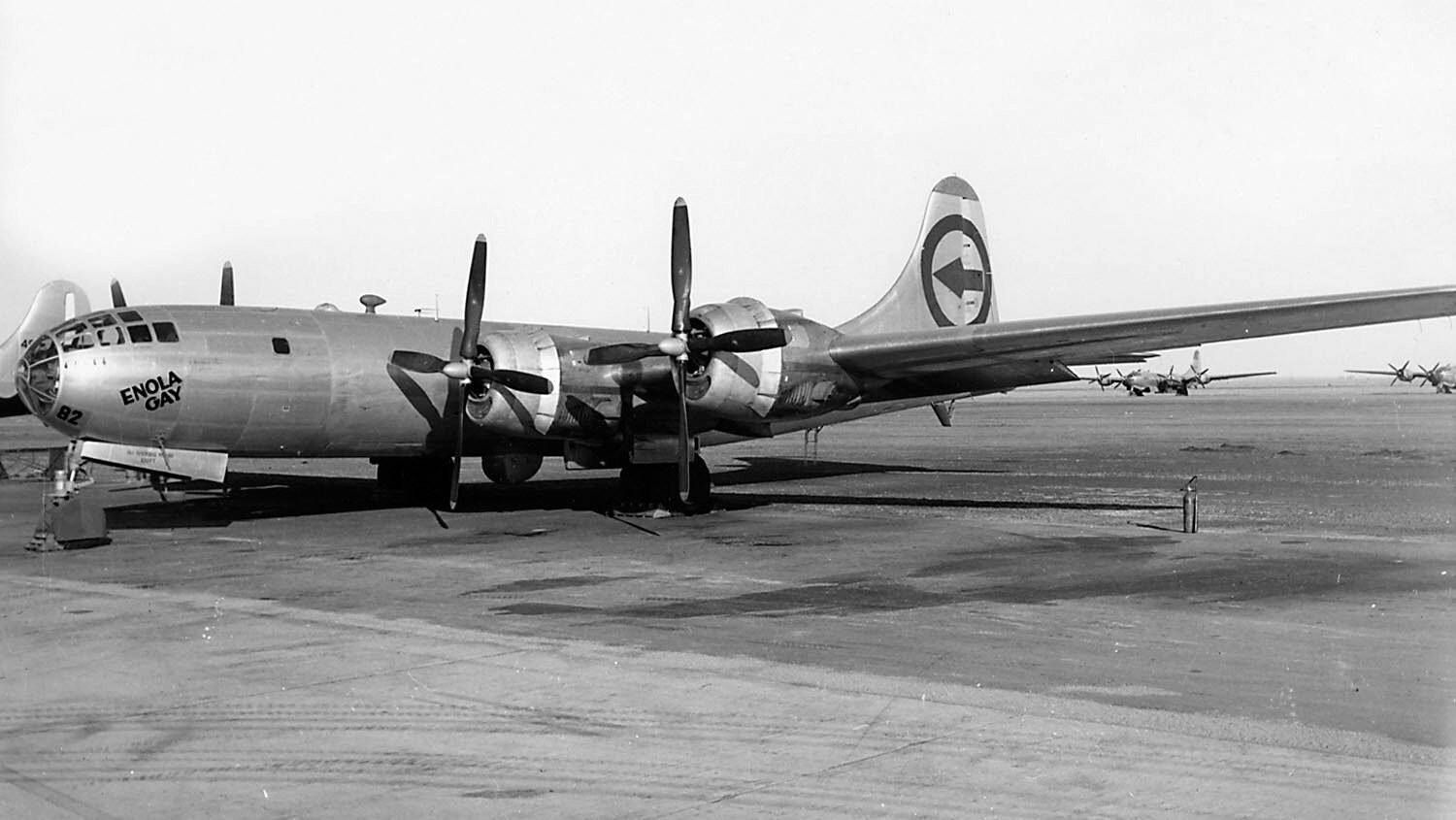
Assigned to the Superfortress Bomber Program
When Tibbets was assigned to the Boeing B-29 Superfortress bomber program, General K.B. Wolfe was in command of what would come to be known as the Battle of Kansas. Wolfe was a logistics expert. Tibbets became head of the service flight test program and de facto operations officer. It was he who had to fly and sign off on what was at best a troublesome bird and at worst an underpowered death trap. Throughout the entire program, there was hardly a day when he did not lay his life on the line in the effort to get the B-29 into combat.
Tibbets became arguably the single most competent and experienced combat bomber pilot in the U.S. Air Force. By the summer of 1944, he was the most experienced and knowledgeable B-29 pilot alive. Thus, when it came time to select a commander for the 509th Composite Group, Tibbets was at the top of the list to head a nascent atomic bombing unit.
Operation Silverplate
The then 28-year-old old Lt. Col. Tibbets had two minuses on an otherwise sterling résumé. He had had what would, over time, prove to be a career-ending run-in with a powerful, politically connected superior, and he had a personality that was a godsend in wartime and anything but in peacetime. In July 1944, neither of these two factors mattered. He was first and foremost an achiever of tasks. In 10 months, he formed and trained his unit and executed his mission flawlessly.
Never before and never since has an officer of even remotely similar rank been given either the authority or the responsibility that went with Operation Silverplate. For the time that General Tibbets commanded the 509th, he held a singular, and to this day unique place, in the history of American arms.
The B-47 Test Program and After the War
In the ensuing years, Tibbets took on other daunting, if less historic, missions. He headed the B-47 service test program. He commanded SAC wings and air divisions. After retirement, he was president of a corporate jet taxi service. In each of these instances he took over troubled programs and in short order set them right.
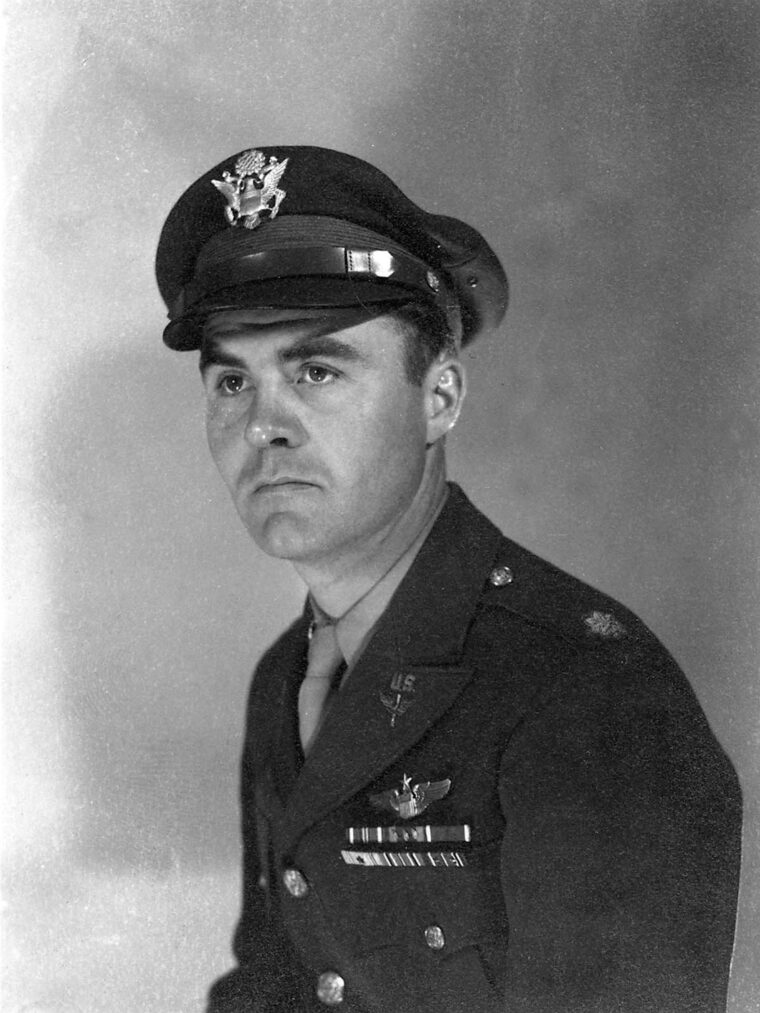
Once the war was over, the inevitable questions began to be asked. “Was the dropping of the atomic bomb on Hiroshima really necessary?” There arose what amounted to a cottage industry of victors’ guilt that to this day is hard to put into rational pigeonholes. They range from the seemingly reasonable to the absolutely absurd.
Over the past few years, Tibbets has tried to put his reputation in an historical context. The forces arrayed against him are many, powerful, and unrelenting. He is confronted by those with differing perspectives, some revisionist historians, and others who have drawn conclusions based at least in part on political agendas. People with not a clue as to what Tibbets was asked to do or why, at times seem to be passing judgment on him as though they understand. He is cast on the horns of a dilemma that only he uniquely comprehends. In the twilight of his life, he wishes to be understood for who he is, and more precisely, for his proper place in history.
Right Man, Right Place, Right Time
While an issue is being settled in the most violent and amoral fashion imaginable—war— those who do the settling are glorified. The moment the matter is resolved some of those not involved in the combat begin to recast the event in moralistic and humanistic terms. The two are historically irreconcilable. War and removed dispassion have a disconnect that is unbridgeable. Paul Tibbets is the ultimate victim of this abyss.
He is a man born of an era of rectitude. For reasons probably even he does not fully understand, he has carried this “old-time religion” to something of an extreme. But that is exactly what it took to accomplish the task set before him. He is the almost perfect example of the “right man … in the right place … at the right time.”
His guard is always up. When he can spend a day as an unrecognized elder citizen, he is as mellow as a man of his demeanor can be. This is most of the time. When he is “on display,” as it were, he is defensive and not without reason.
History in Perspective
Consider these facts: He is the man who led our first heavy bomber mission over occupied Europe yet he is bereft of honors. He is the man who led the operational portion of the B-29 service test program, which was quite literally a no-win situation. He is the man who created, trained, and led the 509th Composite Group in the atomic bombing mission. For this, he is reviled by some. He is the man who led the Air Force B-47 service test program in Project WIBAC in the late 1940s and brought the airplane into operation a year and a half ahead of plan.
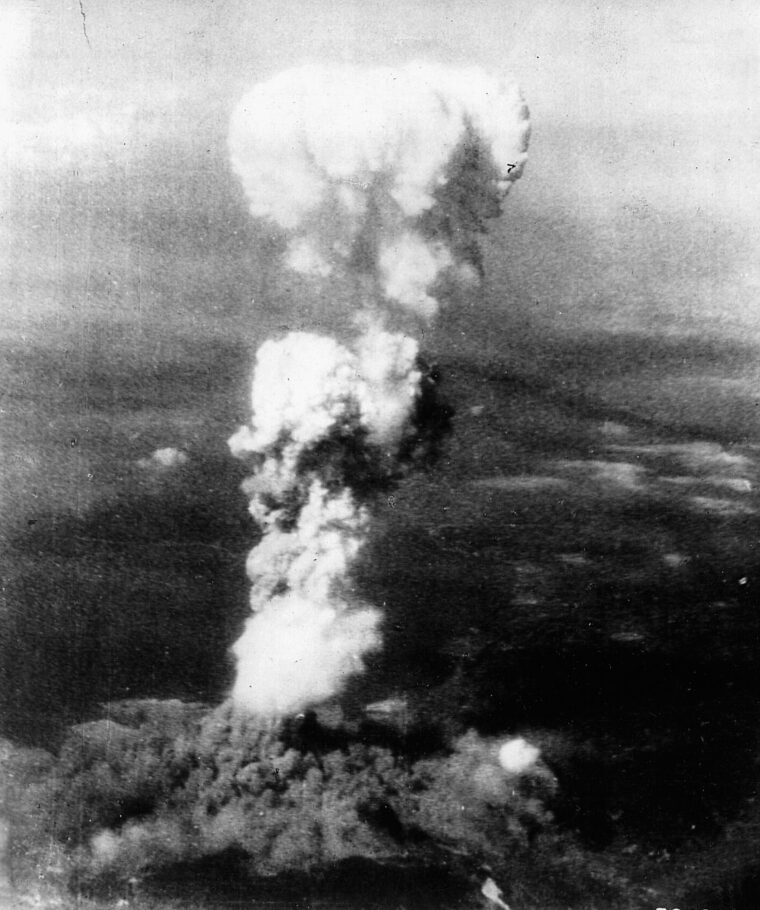
He is the man who in 1956 took over a failing SAC wing, the 308th, and turned it around from the worst in the second Air Force to the best. Two and a half years later, he repeated the performance with the 6th Air Division at McDill Air Force Base. Upon retirement, he took over a failing jet taxi company, Executive Jet, and created the world’s largest and most successful executive charter service.
Historically, one is left to ponder what more one man could do in the service of his country. Paul Tibbets is about as good as a great nation can ask. Would that there were more like him. At a time and a place when great resolve and ability were most needed, he stood in the breech. It is not too hyperbolic to say that for a brief moment in time the fate of the world was placed in his hands. Paul Tibbets did not flinch, and he was not found wanting. The historical status he merits is not the one he now holds.
Putting the Atomic Bomb in Context
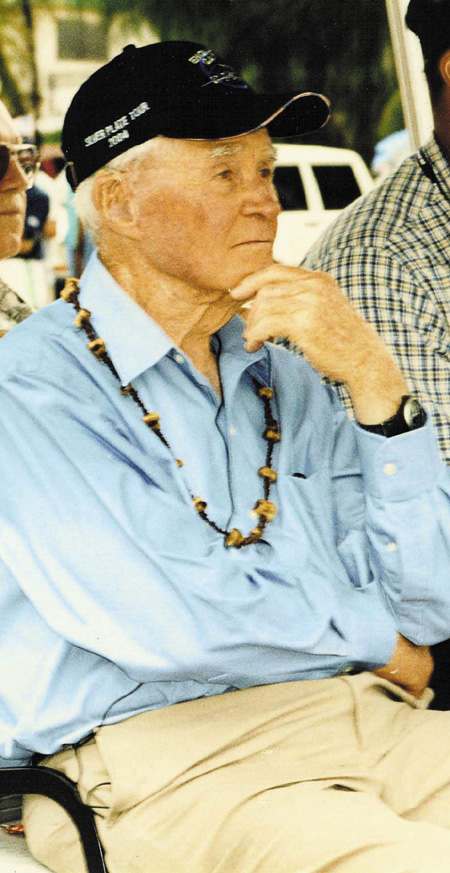
In the case of the two atomic attacks, the salient points are these:
President Roosevelt was informed in 1939 that there were extreme possibilities in the form of a super weapon within the application of nuclear power as it related to the fission of certain materials. It was known that Germany was working on such a project.
In 1942 work was sufficiently advanced to go beyond concept to begin the creation of a practical weapons system and build and deliver an atomic bomb.
By the time of the Trinity test, the United States had spent two and a half years and over two billion dollars on a supposedly war-ending weapon.
In April 1945, President Franklin D. Roosevelt was succeeded in office by Vice President Harry S. Truman. Upon accession to the presidency, Truman knew nothing of the Manhattan Project.
Given his short time in office, he availed himself of what he perceived to be the best advice extant as to the use of the bomb.
Japan the More Adamant Threat in the Eyes of Washington
When Mr. Truman took office these were the global war facts as known at that time:
Germany had been a beaten nation for at least a year. Yet, it had fought on until the entire country was overrun, at a cost of at least another six million lives in that last year of the war in Europe.
It was the general consensus by the powers in Washington and in the field that Japan was a more adamant foe than was Germany.
Although Japan was losing the island war in the Pacific theater, it had an army of 1.5 million men that was still all-conquering on the Asian mainland in China.
The conquest of the Marianas, Iwo Jima, and Okinawa gave every indication that the defense of the home islands would be a bloodbath beyond description.
When one considers that President Truman had inherited what was perceived to be a possibly war-ending program (The Manhattan Project) that had been started by a predecessor who was widely held to be a national treasure (and today is considered by many to be the greatest president of the 20th century), it is inconceivable that this unknown man from Missouri would cast aside the resulting weapon and let the killing continue for an indefinite period.
Had Truman demurred and let the war go on for whatever time it would have taken and then word leaked out, as surely it would have, that we had possessed and did not use a possibly war-ending weapon, he would have been impeached in short order. And rightfully so.
Anyone who takes a stance contrary to this action simply does not understand the government of the United States, the attitude of the nation in 1945, or how democracies work.
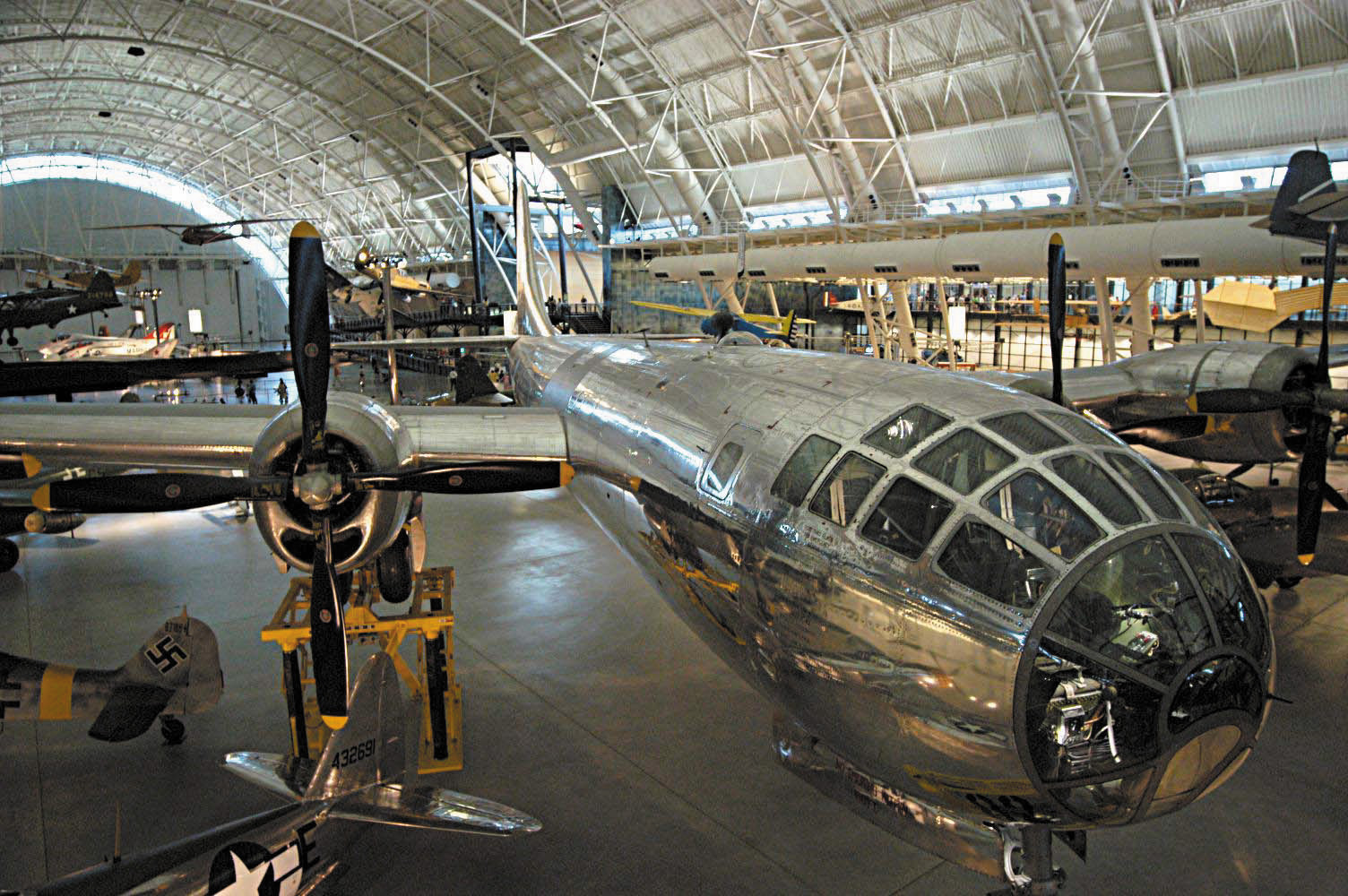
Given the times, the decision to drop the bomb was, in today’s parlance, a no-brainer. Truman had no choice and neither did Paul Tibbets. They both did their duty and by so doing the killing stopped at 54 million.
Meeting Tibbets in Person
I got to meet General Tibbets in 1997. He was making a tour of the country to promote a painting of the famed B-29 named Enola Gay on its historic mission.
The venue was a hangar at the airport in Salem, Oregon. When I arrived at the facility, I was struck by the fact that most of the people who came had no notion of what he looked like. They knew him by reputation alone. I knew exactly who I was looking for and spotted him across the hangar walking slowly, looking at the artwork on display.
If one can be 80 plus years old and still be described as fiery, Paul Tibbets is that man. Any stranger who approaches him is presumed to be hostile until proven otherwise.
When I presented myself I was not just cordial, I was deferential. I had what I thought was the ideal icebreaker. One of his officers in the 509th had been my squadron commander in SAC. Moreover, he had been the Air Force technical advisor in the making of the film Above and Beyond. Still, I was treated with what amounted to hostility. Fortunately, I was prepared for it. Any good historian knows his subject.
I knew where he was coming from. I cannot say that we parted on a plain of ‘bon ami,’ but when I left, having accomplished my goals, he was at least not in the en garde position. The parting handshake was more than a pro forma gesture.
General Tibbets passed away November 1, 2007.
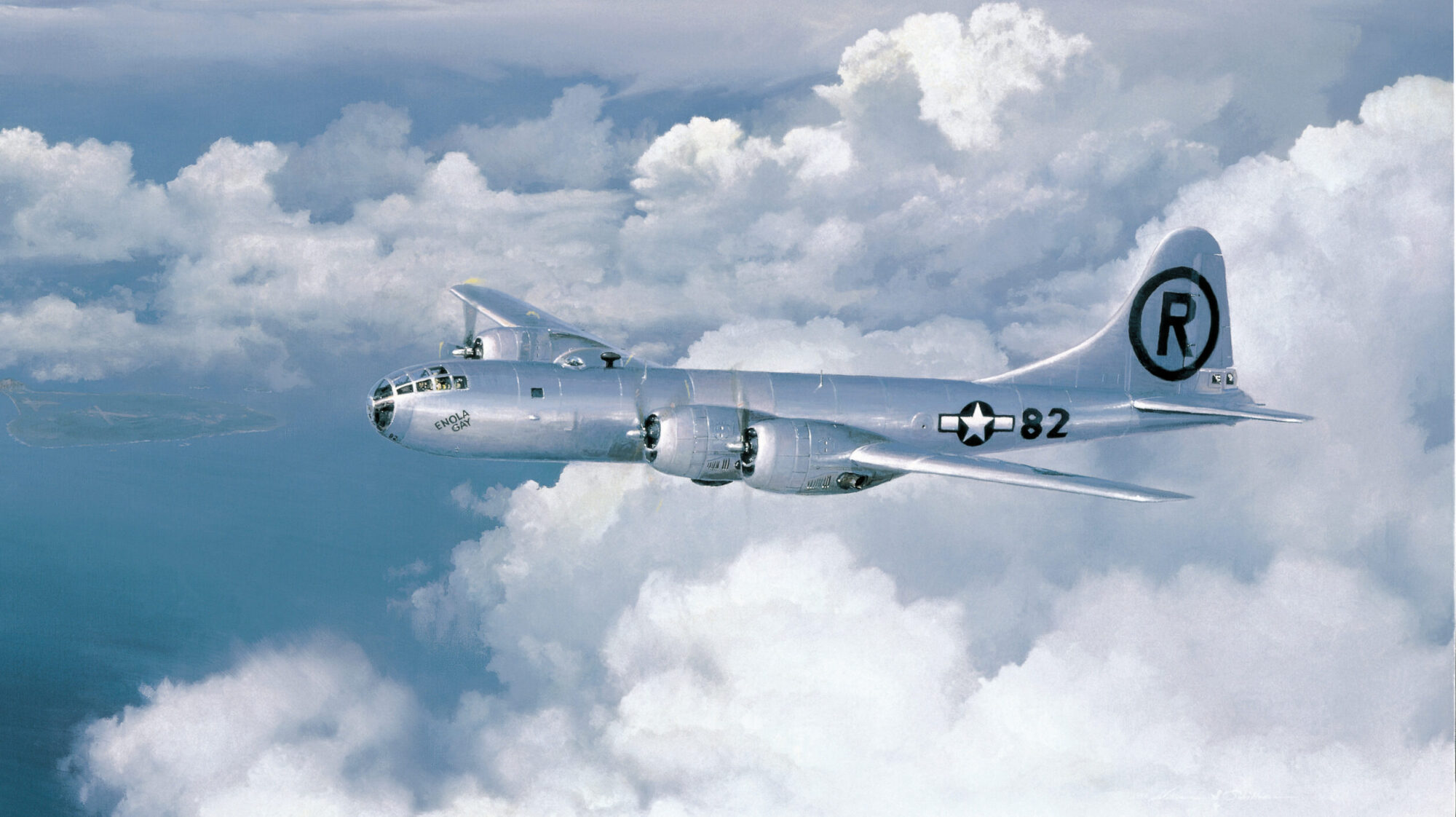
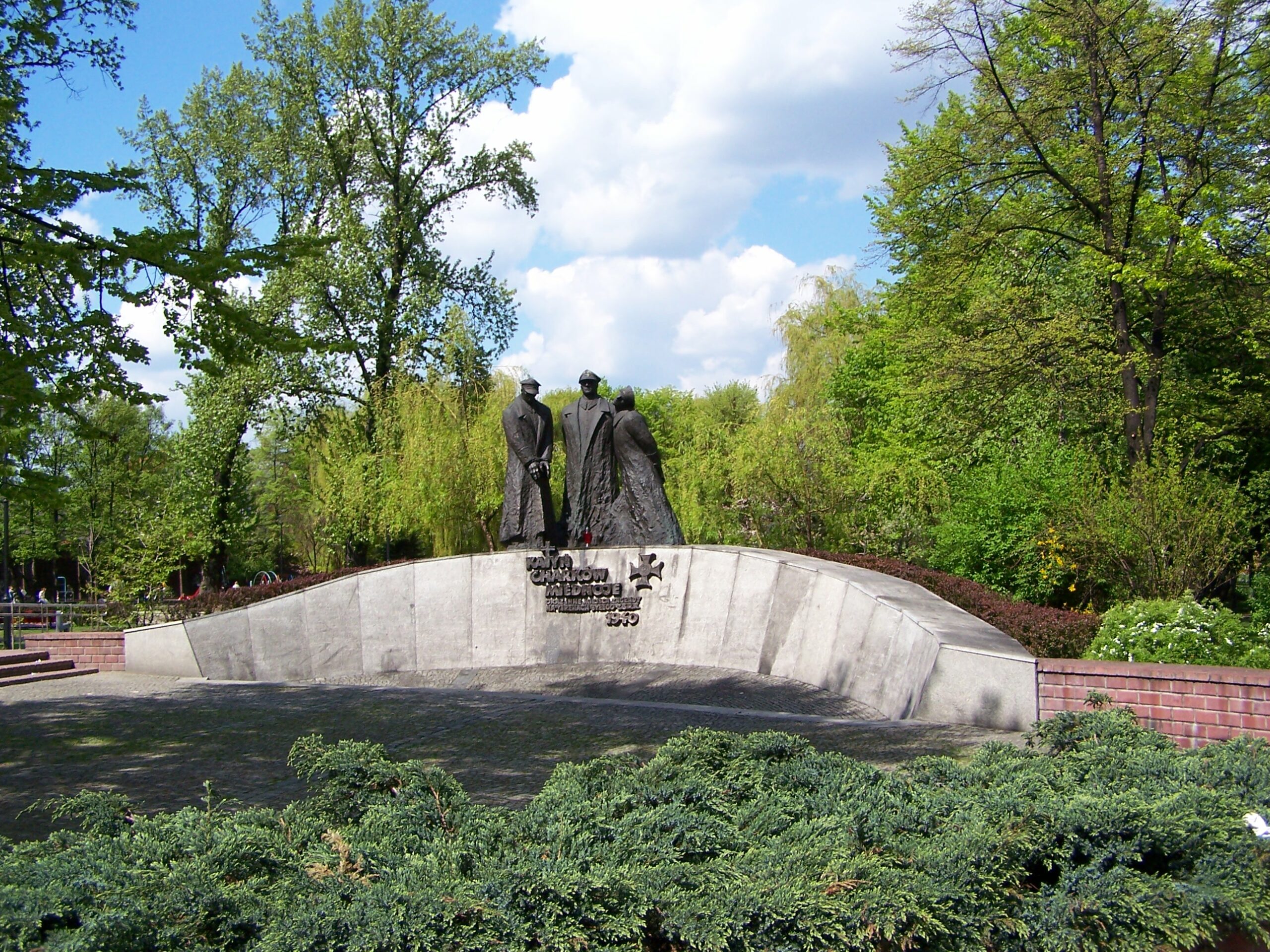
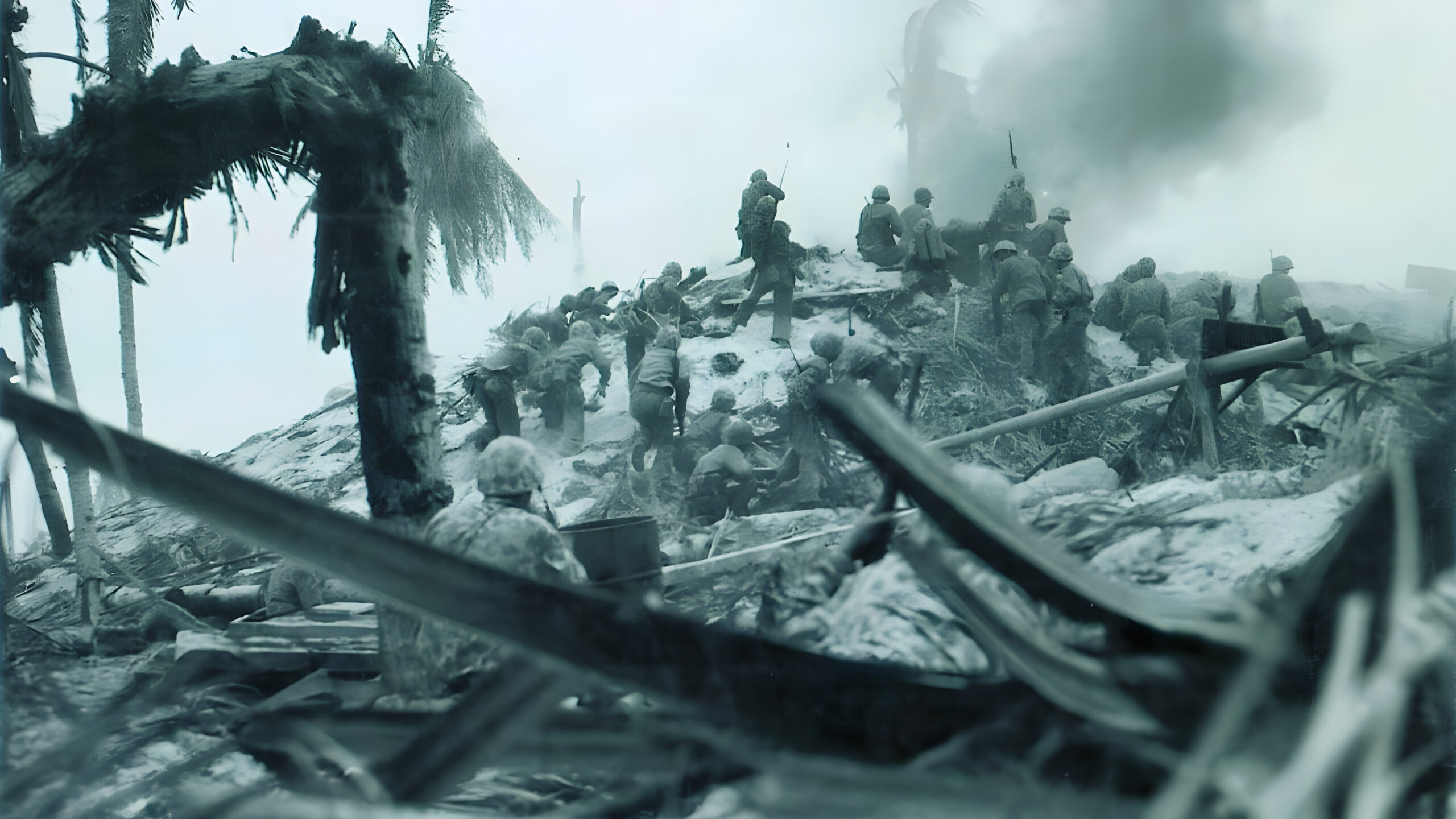
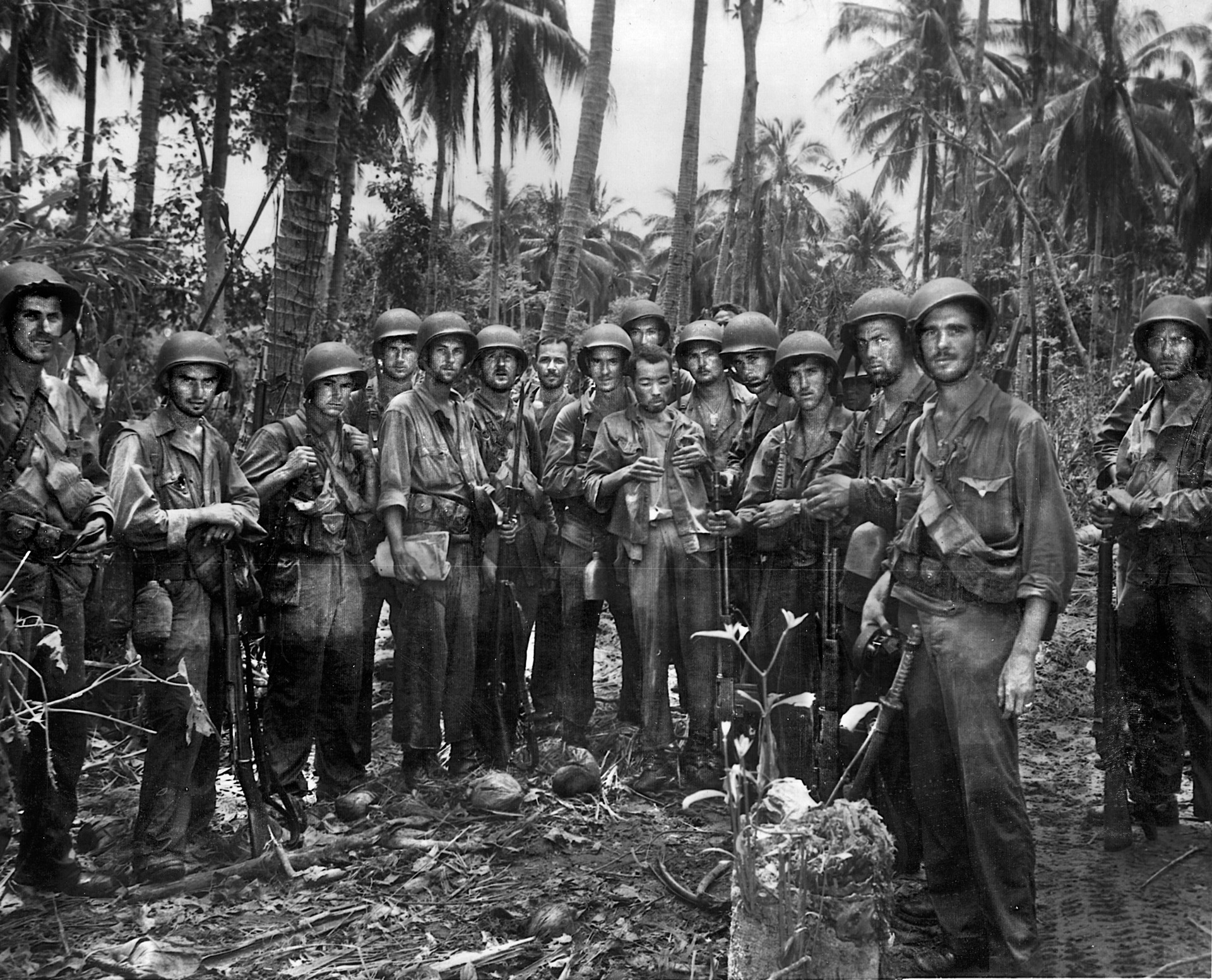
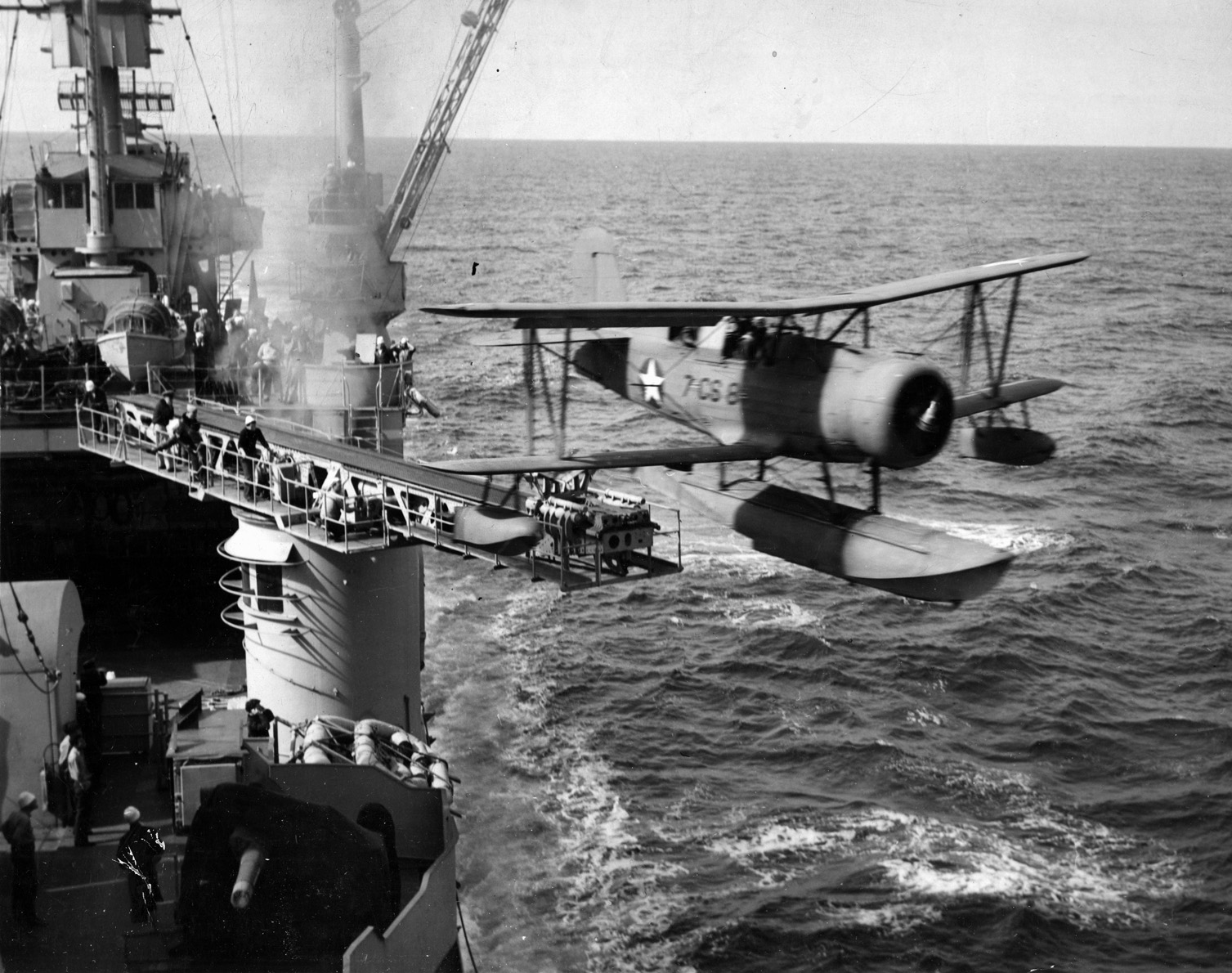
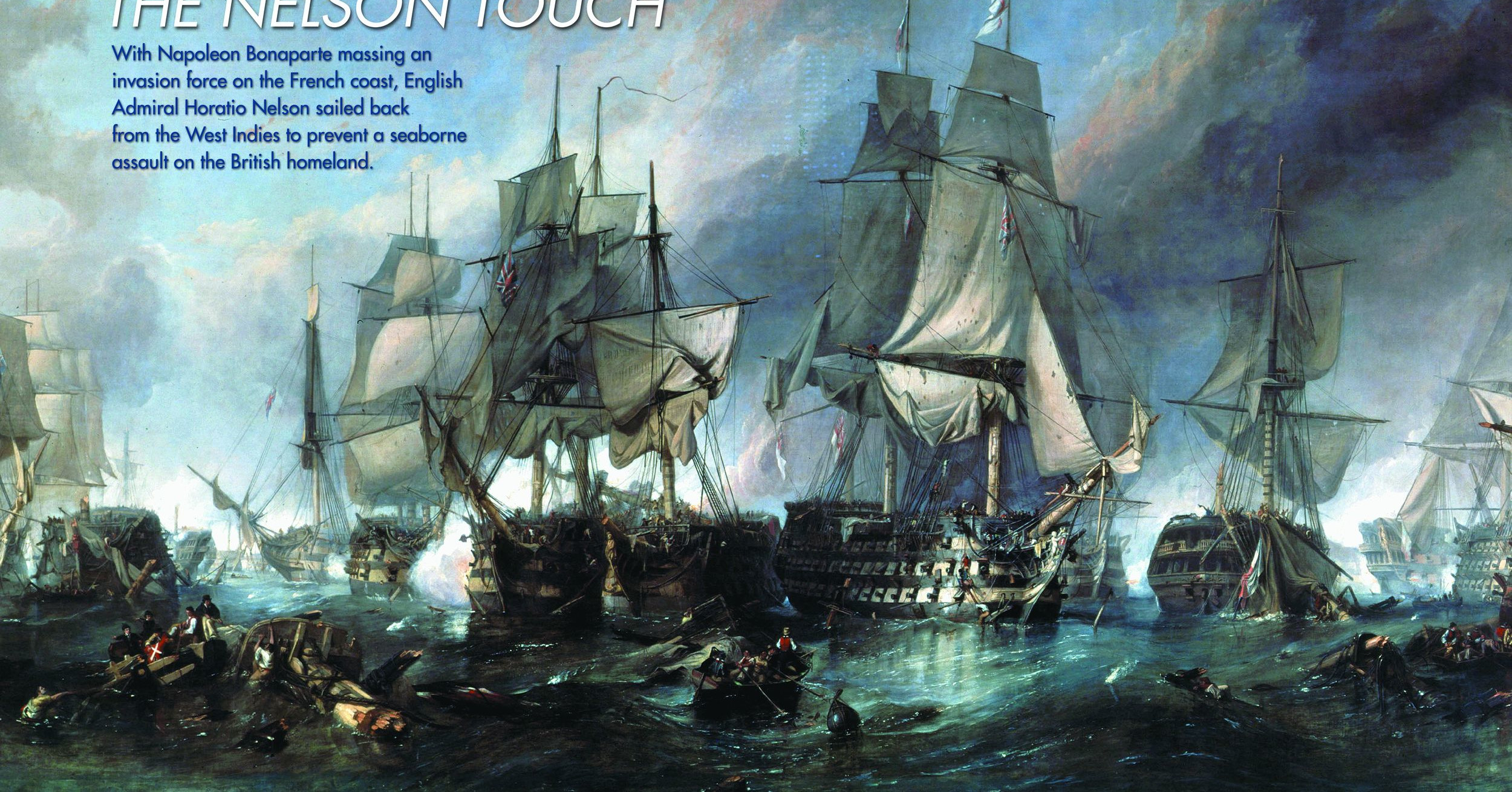
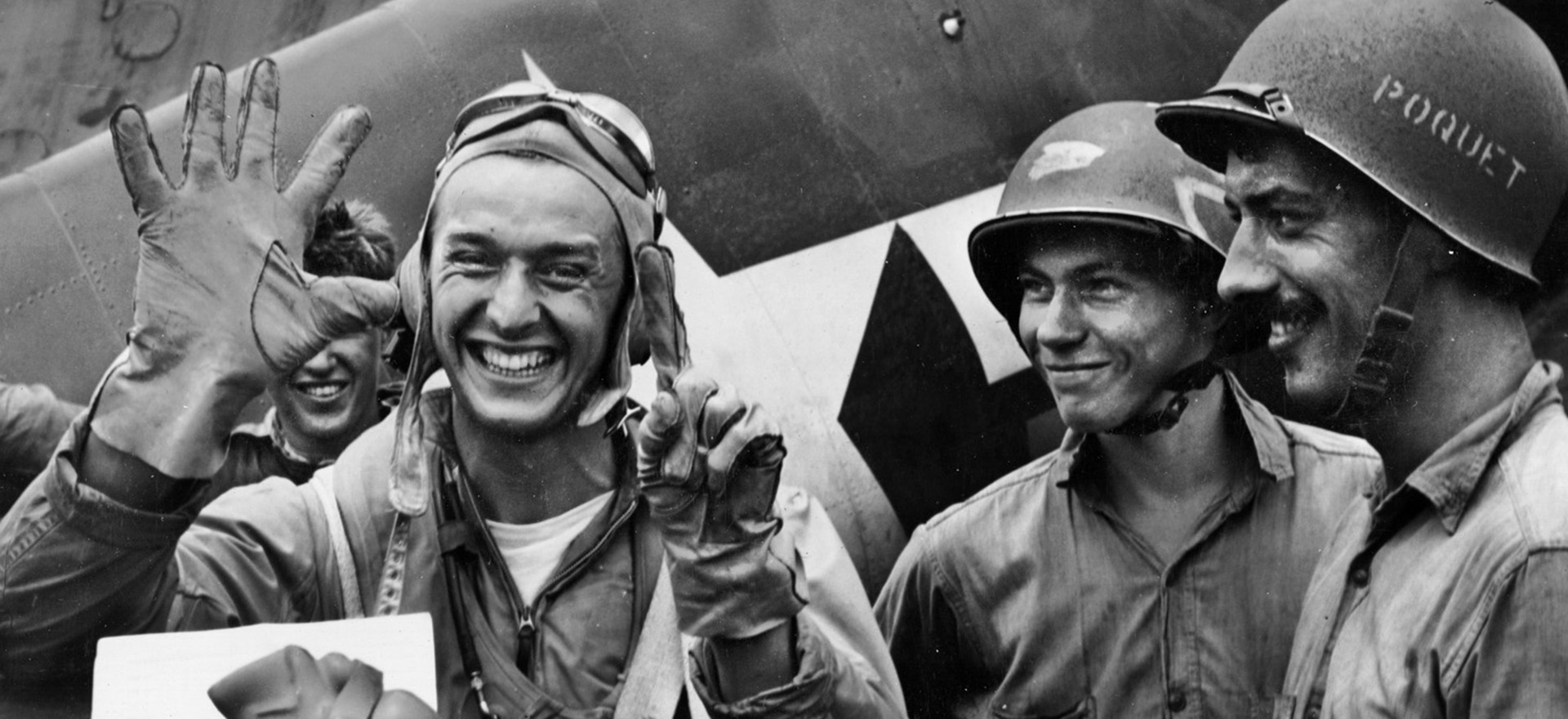
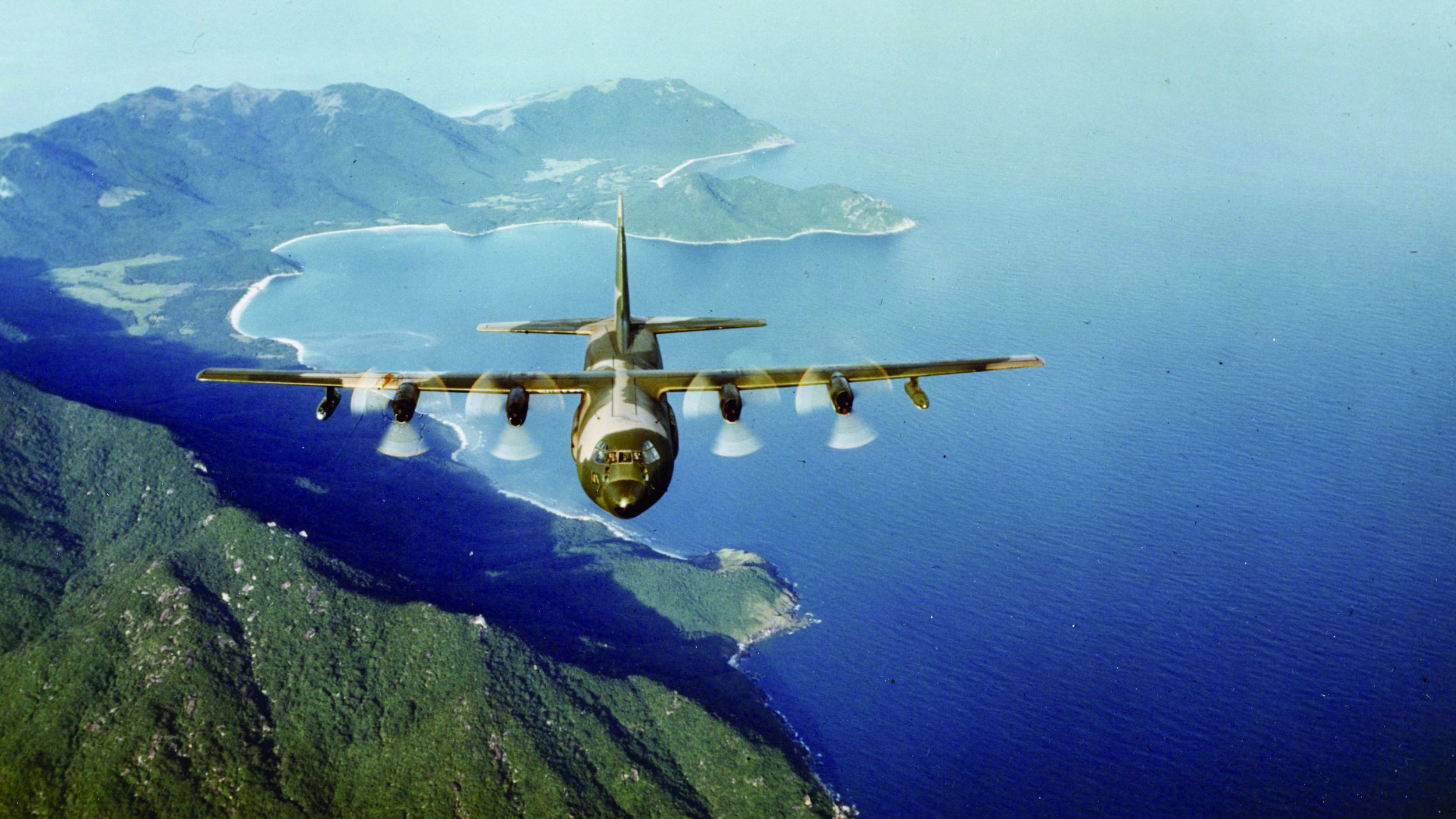
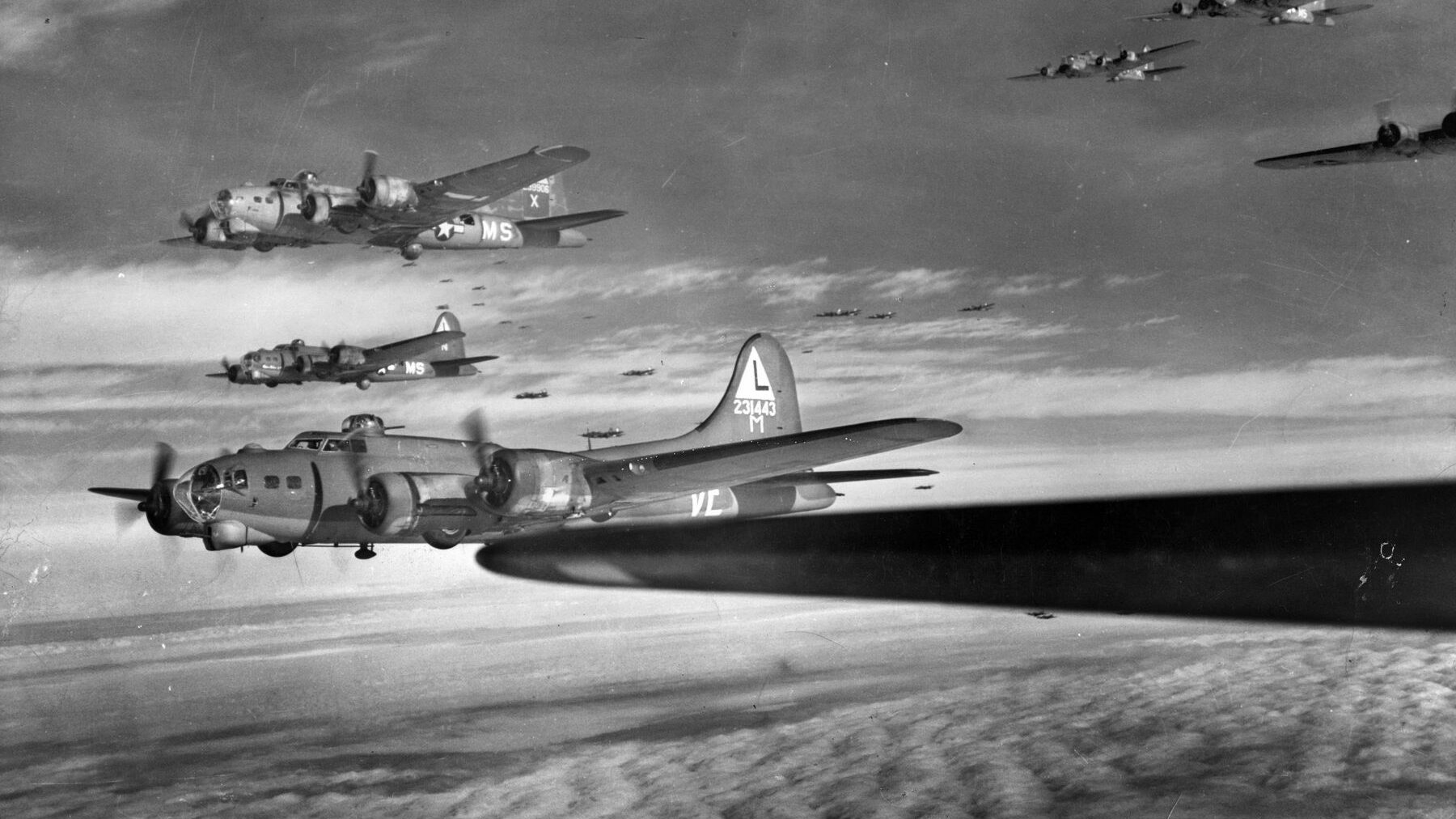
I have never understood any question of possibly not dropping the atomic bomb in WWII.
Billions of dollars had been spent on its creation, and for one specific purpose: To drop on Japan, so as to bring the war to a close.
They had shown that they intended to fight to the last man, and that would mean taking thousands of our men with them.
And so, dropping the bomb saved many lives, although it also took many lives.
But comparing thousands of victims of the bomb, to hundreds of thousands of deaths from not dropping it, leaves not much to decide.
Truman and Tibbets contributed to the saving of over 6 MILLION lives (1 Million American troops; over 5 Million Japanese citizens and troops) by using the 2 atomic bombs that killed between 350-400,000. There can be no moral equivalency or moral outrage decades later. We were going to land 750,000 troops on the island of Honshu in November 1945–until it was discovered that the Japanese had fortified the island with 650,000 troops. That would have been an almost 1:1 fight, turned bloodbath. So, no, I don’t feel bad that we dropped the 2 atomic bombs.
BIG ?
I enjoyed reading about him in Bob Greene book DUTY
I had the pleasure to meet his navigator, Dutch Van Kirk, who was signing his book on the 509th. I thanked him for likely saving my father’s life who was on the west coast ready to board a boat for Japan after fighting in Europe.
Me too, good book; very interesting. I learned things about General Tibetts I was not aware of and came away with even more respect for him and what he did.
The degraders on Truman and Tibbits would not have been on our invasion force nor amongst the millions of Japanise civilians and soldiers saved by that decision. Today we have wok – not my world!
Had it been my decision, from the benefit of hindsight, I probably would have considered different targets. We are now condemning Russia for indiscriminate bombing of civilian targets.
I too don’t know if I would be here today if they had not dropped those bombs. My father was a bomber pilot training other pilots to fly the B-17 & B-24 and other types. Before his first combat assignment those bombs were dropped ending the war. The Germans and the Japanese started that war and treated those they captured and enslaved beyond horrible. They started the war, but we had to finish it along with our allies, so I believe it was justified and honorable and moral. If our enemy, had it, they wouldn’t flinched one second about using it.
I was visiting the D-Day museum in New Orleans years ago. Paul Tibbits was there doing a book signing. The line to get his book signed was long. I was glad to see that, I was also glad no one was protesting. While the argument over dropping the bomb will go on forever, vilifying Paul Tibbits is ridiculous. His participation is really kind of minor in the scope of the event. He did not invent, build, plan the bomb. He did not decide to drop it. He ended up to be the man in charge of the delivery. His only decision was to carry out his orders to the best of his ability. He did that flawlessly.
If not for Paul Tibbets I would not be writing this post. My father was stationed on Okinawa at the time. I have an autographed picture of this great man on a wall in my home where I see it every day, Thank You, Paul Tibbets!
I had a dear friend who was a naval aviator in WWII. He flew the Curtiss SB2C Helldiver. The war ended before he saw combat but he told me he was glad President Truman decided to use the atomic bombs. Had the war not ended, he would have been sent to an aircraft carrier in the Pacific to bomb the Japanese mainland and was not optimistic about his chances of survival. I have no problem with President Truman’s decision to use the bombs; however, over the years I have wished that they were dropped on strictly military targets. It troubles me to see the pain and suffering innocent civilians, especially children, endured through no fault of their own. The United States should have shown more compassion for those unfortunate non-combatants.